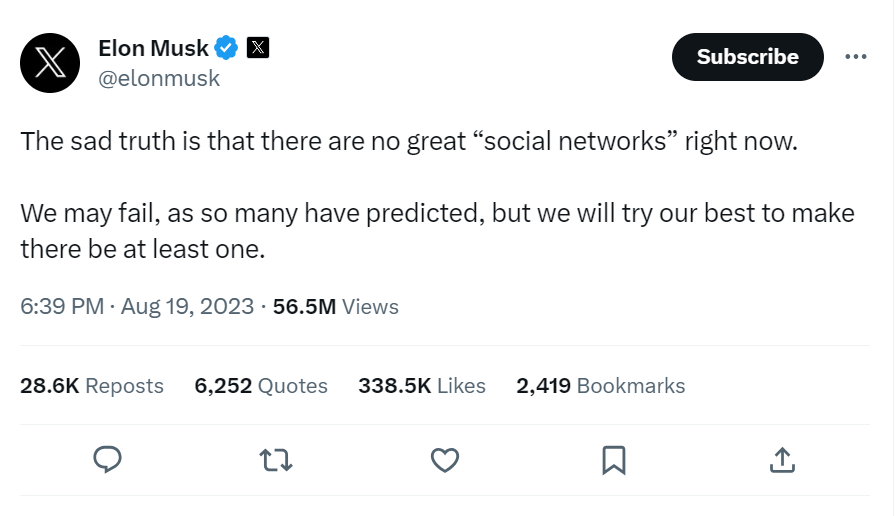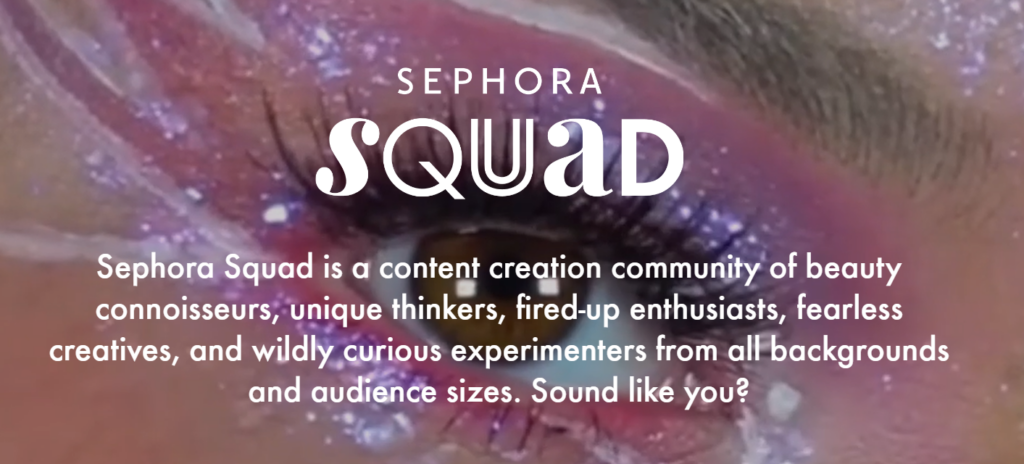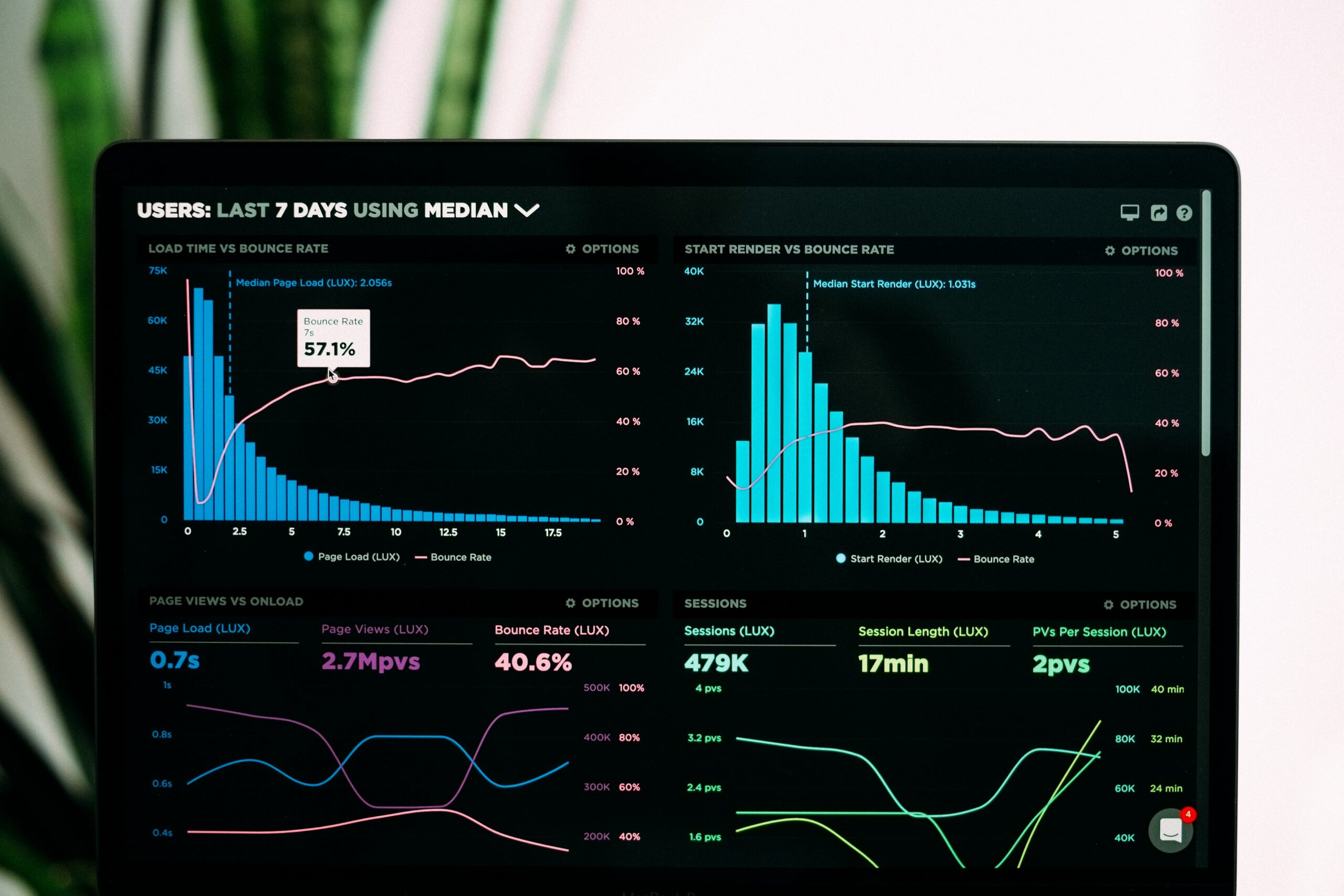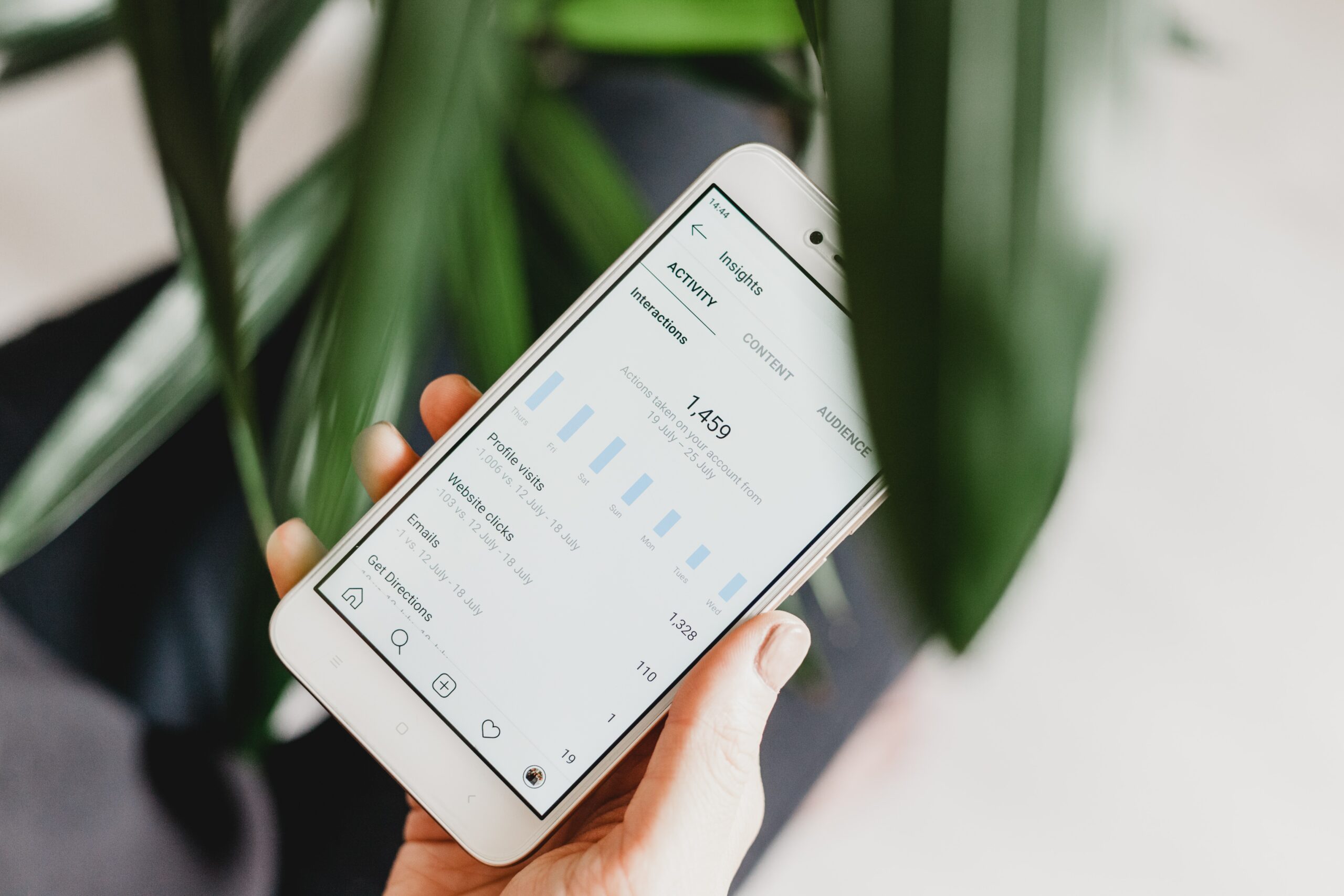Influencer marketing is still a key tool for brands, but it continues to evolve at a rapid pace. Each year brings new opportunities and challenges, including growing roles of creators, different touchpoints in the sales funnel, and major platform updates.
Table of Contents
- The Demand for Niche Content Will Increase
- Micro Influencers Will Dominate the Market
- Influencers and Brands Will Develop Long-Term Relationships
- Marketers Will Pay More Attention to Data and Analytics
- Content Will Be Repurposed
- Cross-Platform Promotion Will Trend
- Influencers Will Have Creative Control
- Pay Transparency in the Influencer Marketing Industry
- Short-Form Content Will Still Be a Favorite
- X Users Will Find New Platforms
- Meta and the Metaverse Will Become More Relevant
- Influencers Will Collaborate with B2B Brands
- New Revenue Streams Will Open for Influencers
- Influencer Marketing Will See More Regulations
- Influencers Will Co-Create with Brands
- More Influencers Will Harness the Power of Affiliate Marketing
- The Power of Storytelling Will Set Influencers Apart
- AI Will Deliver Personalized Experiences
- User-Generated Content Will Become a Strong Asset
- Sustainability and Social Responsibility Will Take Precedence
- Looking Forward
These are the influencer marketing predictions and trends heading into the end of 2023.
The Demand for Niche Content Will Increase
Some of the most successful influencers are working with niche brands. This trend is expected to continue as influencers shift toward hyper-relevant audiences. Influencers are increasingly realizing the value of working with brands that align with their passions and values, connecting with their audiences and creating more effective content.
Micro Influencers Will Dominate the Market
While celebrities and mega influencers will always have a place in the influencer marketing ecosystem, brands are putting more of their influencer marketing spend toward micro influencers with high engagement and conversion rates. These influencers are experts in their niche, yet still manage to maintain strong connections and relatability to their followers.
In addition, micro and nano influencers are often more affordable than their more famous counterparts. They have highly engaged audiences and more flexibility to work with brands and deliver exceptional campaigns.
Influencers and Brands Will Develop Long-Term Relationships
Long-term partnerships between brands and influencers aren’t new, but it’s becoming more popular. Instead of one-off projects, brands and influencers are working together to create sponsored and non-sponsored content that can improve brand authenticity. Influencers also benefit from learning more about the brands they’re partnering with, and getting more familiar with the branding and messaging to deliver better results.
Marketers Will Pay More Attention to Data and Analytics
With numerous marketing channels vying for attention and marketing spend, brands are focusing more on their returns and quantitative value from campaigns. Data and analytics are key to measuring and improving campaign performance with influencer marketing – and platforms are offering more and more sophisticated tools to measure campaigns.
Content Will Be Repurposed
Repurposing content is a great way to get more mileage out of the initial investment and provides an opportunity to scale content and expand reach. Evergreen or updated content can be promoted across multiple channels using influencers to attract new audiences and followers.
For example, instructional videos and how-to guides are always relevant, so they can be updated easily and repurposed by influencers to use on a range of social media platforms.
Cross-Platform Promotion Will Trend
Brand audiences are often following brands on multiple platforms, so brands need cross-platform marketing strategy to maximize opportunities. Influencers are a helpful tool to create content that’s tailored to each platform and enhance brand presence, especially on newer platforms.
Influencers Will Have Creative Control
Influencers are expert content creators and marketers in their own right. Brands often try to dictate the relationship, but there’s a shift toward more collaboration. Brands can give influencers creative freedom to produce authentic content that’s appropriate for their audience while still keeping the brand’s goals and messaging in mind.
Pay Transparency in the Influencer Marketing Industry
The influencer marketing industry is largely self-regulated and lacks pay transparency. Influencers earn a wide range of rates depending on their reach and engagement, the volume the brand wants, and other factors. Rough estimates exist, but the industry is slowly shifting to more transparency that will give influencers a clear picture of what they should be charging.
Short-Form Content Will Still Be a Favorite
Short-form video experienced a surge in popularity in 2020 with the launch of TikTok and continued into 2023. As attention spans get shorter and shorter, bite-sized content manages to cut through the noise and capture the audience’s attention – particularly when it comes to influencers and brands.
X Users Will Find New Platforms
Twitter has been a popular platform for public figures and brands, particularly in the tech industry. But since Elon Musk’s takeover, Twitter – now rebranded X – has been experiencing issues like the paid blue check verification and the suspension of accounts of reporters who cover Musk.

Source: X
Several major brands have expressed a desire to move away from the platform, including Chevrolet, Dell, Nestle, and the Coca-Cola Company.[1] With alternatives like Mastodon and Threads in the mix, it’s possible that the Twitter/X user base will abandon the platform completely in the coming year.
Meta and the Metaverse Will Become More Relevant
Though there were some hiccups in 2022, Meta has come back strong and updated features across the platform to appeal to a broader audience. Meta is not only investing in its own platforms but ramping up the investments into the Metaverse, including developing new hardware and software solutions, more advanced VR/AR headsets, and new games and experiences.
These changes bring a wealth of opportunities for influencers and brands, particularly with VR and AR. Influencers can use tools to create more immersive and interactive experiences and engage with their audiences in novel ways.
Influencers Will Collaborate with B2B Brands
Influencer marketing gained attention in the consumer market, but B2B influencers are on the rise. These experts have strong reputations in their industry and prove to be valuable assets to brands looking for knowledgeable reviews. LinkedIn and YouTube creators, in particular, will play a vital role in this segment.
New Revenue Streams Will Open for Influencers
Influencer and creator culture are converging, creating new opportunities for people to monetize. Established and new creators alike are looking to move away from multiple brand deals and are working on legacy projects. Beyond simple compensation, influencers may be able to access revenue share, syndication with platforms like TikTok and Instagram, and personal social commerce outlets.
Influencer Marketing Will See More Regulations
With more attention on influencer marketing, lawmakers are seeking to regulate the industry with new rules and laws. The Federal Trade Commission (FTC) already has rules in place for sponsored posts, but there are new laws like the Digitally Altered Body Image Bill in the UK that requires influencers to disclose edited images. Some US states are also updating or creating laws to protect child influencers as well.
In addition to government bodies, social media platforms have developed new rules and regulations for influencer collaborations. Instagram, for example, created its own sponsored content guidelines that influencers have to follow to use the platform.
Influencers Will Co-Create with Brands
Influencer marketing is shifting beyond simple product endorsements and reviews to true collaborations. As experts in their niche, influencers understand the target audience and can provide excellent insights for brands as they create new products and services.
For example, the beauty retailer Sephora set an example and teamed up with influencers to promote makeup collections, dubbed the Sephora Squad. Co-creating products with influencers allows brands to innovate and bring unique offerings to the market.

Source: Sephora
More Influencers Will Harness the Power of Affiliate Marketing
Affiliate marketing has been a part of some influencer strategy, but it’s likely to grow into more of a hybrid model in the future. Influencers are including affiliate marketing in their strategies to add another revenue stream and earn commissions on sales from followers. This allows them to monetize their content more sustainably.
Brands can benefit from collaborations with influencers who use affiliate marketing as well since they can tap into the influencers’ audience and generate sales.
The Power of Storytelling Will Set Influencers Apart
In the constant battle for audience attention, influencers will elevate the quality of their content and focus on integrity, authenticity, and the fundamentals of storytelling. The industry has already experienced some scandals that are undermining the trust in the influencer as an authentic source of information, so influencers who can show transparency and ethical responsibility have an opportunity to rise above the fray.
AI Will Deliver Personalized Experiences
Artificial intelligence (AI) will play a pivotal role in delivering personalized experiences to social media users. Influencers and brands can enhance customer interactions and provide more tailored content based on user behaviors to improve their engagement and foster a strong brand community.
User-Generated Content Will Become a Strong Asset
User-generated content (UGC) has become a valuable asset for brands. Moving forward, influencers will look to amplify UGC to build more authenticity and trust. This supports a brand community, which is a big goal for many brands to build loyalty and equity.
Sustainability and Social Responsibility Will Take Precedence
As environmental and social issues gain more attention, consumers are becoming more conscious of brand sustainability and social responsibility efforts. Brands can partner with influencers that promote ethical practices and start conversations around important social causes.
Looking Forward
Social media and influencer marketing are ever-evolving. Staying ahead of the trends is crucial for success, especially in 2024. Many of the predictions center around doing more with less, whether that’s brands forming long-term partnerships with influencers, influencers creating additional revenue streams, repurposing content, or verifying campaign performance with data and analytics.
Sources:





